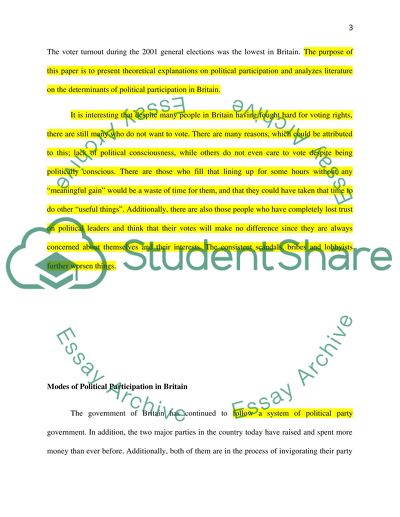Cite this document
(“What are the most convincing models that account for the way citizens Essay”, n.d.)
Retrieved from https://studentshare.org/history/1636796-what-are-the-most-convincing-models-that-account-for-the-way-citizens-make-electoral-choices-in-britain-today
Retrieved from https://studentshare.org/history/1636796-what-are-the-most-convincing-models-that-account-for-the-way-citizens-make-electoral-choices-in-britain-today
(What Are the Most Convincing Models That Account for the Way Citizens Essay)
https://studentshare.org/history/1636796-what-are-the-most-convincing-models-that-account-for-the-way-citizens-make-electoral-choices-in-britain-today.
https://studentshare.org/history/1636796-what-are-the-most-convincing-models-that-account-for-the-way-citizens-make-electoral-choices-in-britain-today.
“What Are the Most Convincing Models That Account for the Way Citizens Essay”, n.d. https://studentshare.org/history/1636796-what-are-the-most-convincing-models-that-account-for-the-way-citizens-make-electoral-choices-in-britain-today.


